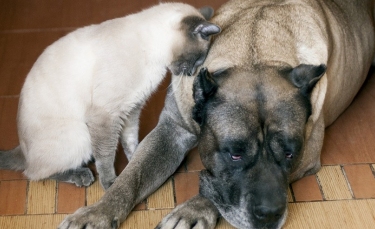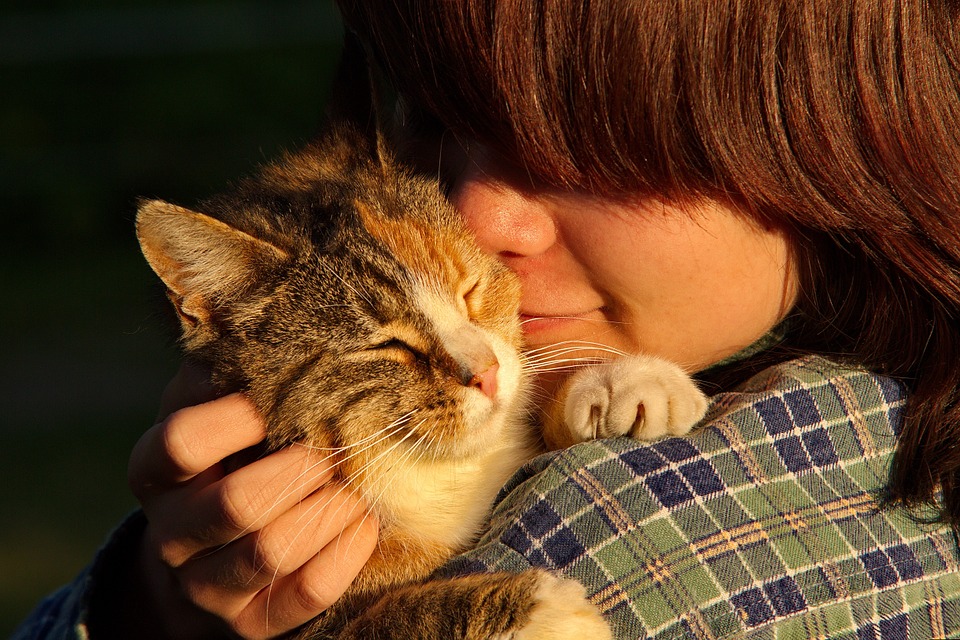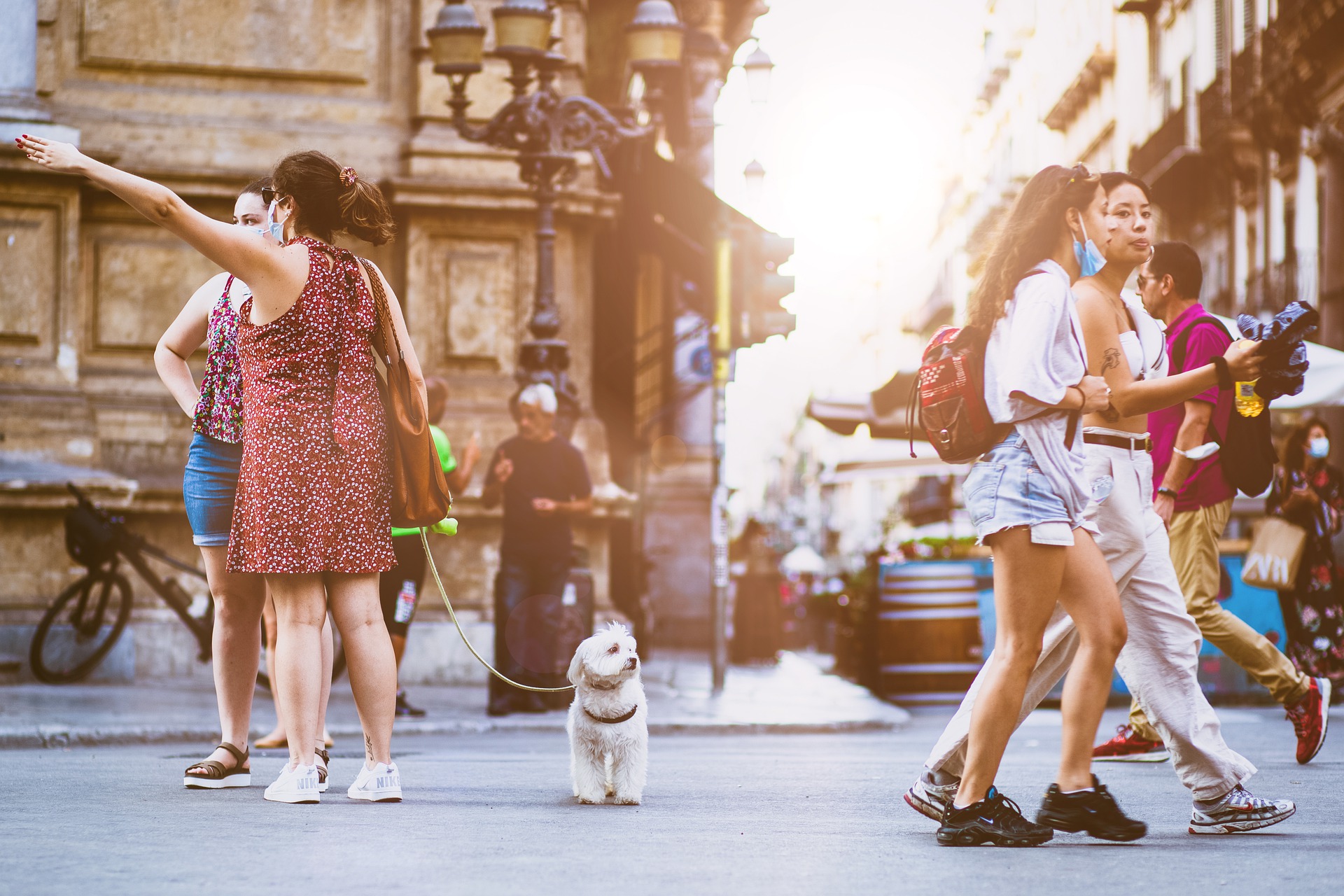 Illustrative photo
Illustrative photo
Who of the dog and the cat contributes the best to preserving our mental health in this delicate period of confinement? British researchers have attempted to answer this question.
Each has managed the containment , established to curb the Covid-19 pandemic, in their own way. The psychological impact has been more or less important depending on the person, but not everyone can claim to have come out completely unscathed mentally . Some were able to count on the presence of their pets to help them manage this complex and unprecedented period .
Dogs , cats , but also small mammals, fish , birds and even horses were of great comfort during the isolation , but to what degree? Which species stood out compared to others in this area? An article by Professor Stanley Coren , which appeared earlier this month in the journal Psychology Today , looked at it. The canine psychologist , best known for his ranking of the smartest dog breeds , talks about a recently published study conducted at the University of York in England.

The team of researchers led by Elena Ratschen , from the health sciences department at the said university, presented a questionnaire to 5,926 adult UK residents looking at their relationship with their pets during the lockdown . Recall that in the UK, he had started on March 23 and ended on June 1st.
This work has been rich in lessons on the benefits associated with having a pet in a comprehensive way, before comparing the contribution of different species on a psychological level during the pandemic .

Animals of all breeds, indisputable sources of psychological support during confinement
The study first found that dogs were the animals that elicited the most affection in the human-animal relationship , followed by cats.
The vast majority of participants also said that they saw their animals as a source of considerable social support in the face of isolation. Pet owners of all species had lower declines in mental health during confinement, compared to people without pets. Data which suggests that having an animal constitutes a real measure against the effects of psychological stress induced by isolation.
Almost unanimously (99.7%), those polled said they had not considered parting with their pets since the start of the pandemic in the country.
The dog stays above the lot
Thus, the 89% of cat owners who believe that the latter helped them to manage emotionally the period of crisis , are not far from the owners of dogs to say the same thing (91%). And there is almost no difference between the affirmative responses of dog and cat owners (99 and 98% respectively) when asked if the animal had a positive impact on the family during confinement.
The authors of the study, however, note considerable differences in 2 areas. The first relates to the help that the animal constitutes for its owner in terms of maintaining its physical form during a period of confinement. 96% of dog owners surveyed said their companions allowed them to exercise regularly , compared to just 32% of people with cats. Logical results, given that a dog must be walked and cats are generally more independent .
Read also: A man makes it his mission to adopt the senior dogs that no one wants
 </p
</p










